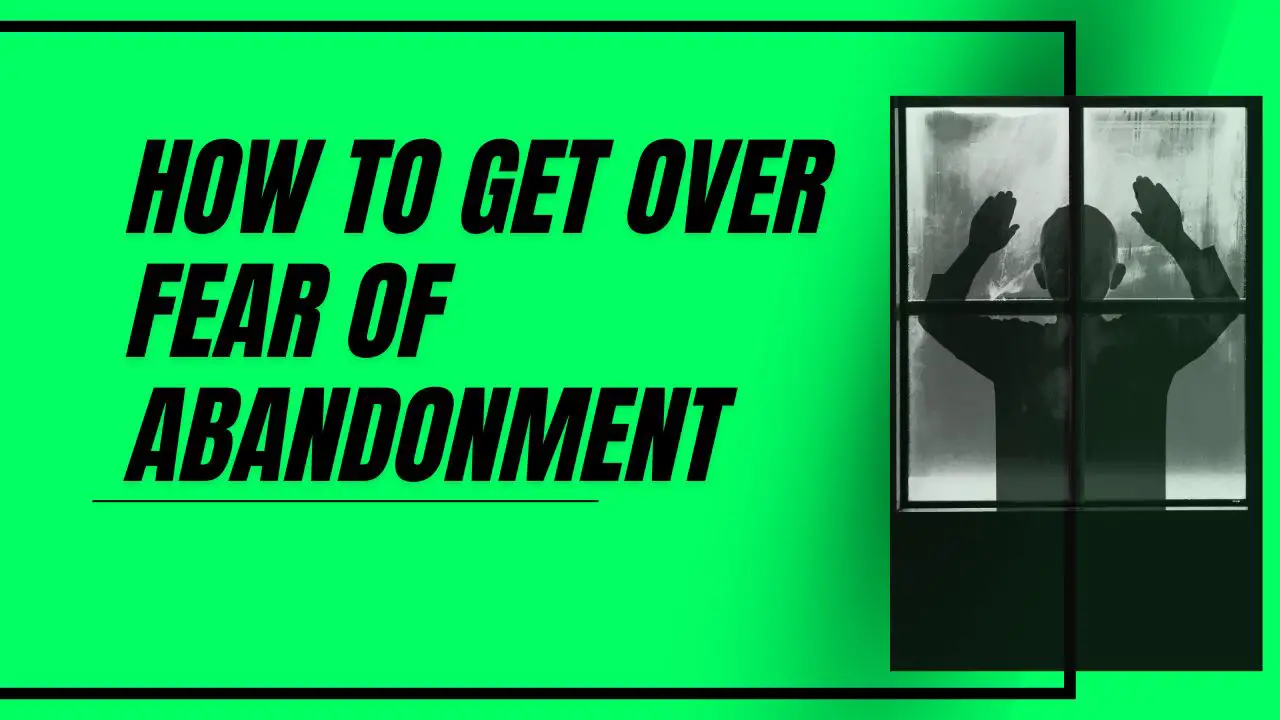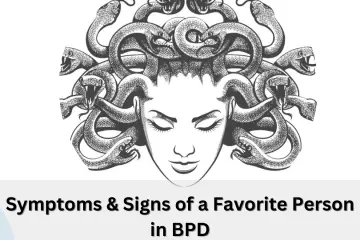Did you know that millions of individuals throughout the world suffer from abandonment anxiety? Roughly 20% of adult Americans alone have feelings of abandonment anxiety at some time in their lives, according to recent research. This dread can have a significant negative effect on a person’s relationships, self-esteem, and mental and emotional health. If this fear is something you also suffer with, don’t worry; there are effective ways to get over it.
You’re not alone. In this extensive blog post, we’ll examine the underlying reasons of abandonment anxiety and provide you doable solutions to overcome it, backed by true stories.
Recognizing the Fear of Abandonment & Fear of Being Forsaken
Our inherent tendency is to fear abandonment. Since we are social beings, maintaining relationships with other people is essential to our wellbeing. According to recent studies, people who feel this dread frequently have higher stress and anxiety levels. The fear of losing the connections that provide us love, support, and a feeling of community is what causes this anxiety.
Basic Reasons and Further Details of Fear of Abandonment
Childhood Experiences: Adoption anxieties can be deeply ingrained as a result of traumatic childhood experiences such parental separation, mistreatment, or an insecure family environment. According to studies, those who were neglected as children are more likely to experience abandonment anxiety in adult life.
Previous Relationships: Adverse experiences from previous relationships, including rejection or betrayal, might exacerbate the dread of being spurned by people. For example, according to a recent poll, approximately 70% of those who struggle with abandonment issues blame their problems on trauma from previous relationships.
Low Self-Esteem: Feeling unworthy of love and more afraid of losing it might result from a low sense of self-worth. Studies indicate that people who have low self-esteem are more likely to experience anxiety related to desertion.
Attachment Style: The way you attach to people might be influenced by the way you were raised. Abandonment fear is frequently caused by insecure attachment types. Studies on attachment theory indicate that people with avoidant or anxious attachment styles are more prone to have abandonment concerns.
Getting Rid of the Fear of Abandonment: How to Get Over Fear of Abandonment
Self-Awareness and Acceptance: Acknowledge and accept your fear of being left behind first. Recognize that this is a typical human experience and that feeling this way is acceptable. According to recent polls, facing and accepting your fear is a critical first step toward conquering it.
Seek Professional Help: To address the underlying roots of your fear, think about attending therapy or counseling. A mental health specialist can offer direction and assistance suited to your individual requirements. Research has demonstrated that counseling can greatly lessen the symptoms of abandonment anxiety.
Create Healthy Relationships: Put your energy into creating enduring, sustaining bonds with your loved ones and friends. Resilient relationships can lessen feelings of abandonment.
Strong social support networks help people overcome their fear of being abandoned, according to research.
Enhance Self-Esteem: Put self-compassion into practice, celebrate your successes, and set attainable goals to help you feel better about yourself. According to a recent study, a decrease in the fear of abandonment is linked to an increase in self-esteem.
Fight Negative Thoughts: Use constructive self-talk to counteract unreasonable worries. Affirmations that support resilience and self-worth should take the place of negative ideas. Studies show that cognitive-behavioral methods can be useful in treating anxiety related to desertion.
Meditation and mindfulness: These practices can help you stay in the present moment and lessen your worry about the future. They encourage self-awareness and emotional control. Numerous research have demonstrated the potential of mindfulness techniques to lessen anxiety and terror feelings.
Healthy boundaries should be established and upheld in your relationships. You’ll feel more in control and secure as a result. Setting boundaries has been shown to have a positive impact on lowering fear and anxiety in relationships.
Open and honest communication is essential when it comes to your loved ones. Tell them about your needs and fears so they can better understand and assist you. Studies have shown that for people who are anxious about being abandoned, good communication can greatly enhance the quality of their relationships.
Support Groups: If you have similar fears, think about joining a support group. It can be immensely comforting to discuss coping mechanisms and experiences with other people. Studies show that group therapy and peer support are useful in treating abandonment anxiety.
Self-Care: Give your own needs top priority. Take part in things that make you happy, relaxed, and feel good about yourself. According to recent research, self-care is crucial for controlling and lowering abandonment anxiety.
In summary
One of the most prevalent and difficult feelings that can affect many facets of your life is the fear of being abandoned. You can make significant progress in conquering this fear by comprehending its underlying causes and utilizing the above-mentioned strategies. Recall that this is a journey and that getting support from loved ones and experts along the way is acceptable. You can develop stronger, more durable relationships and learn to believe in the stability of your connections and your own value with time and effort.



